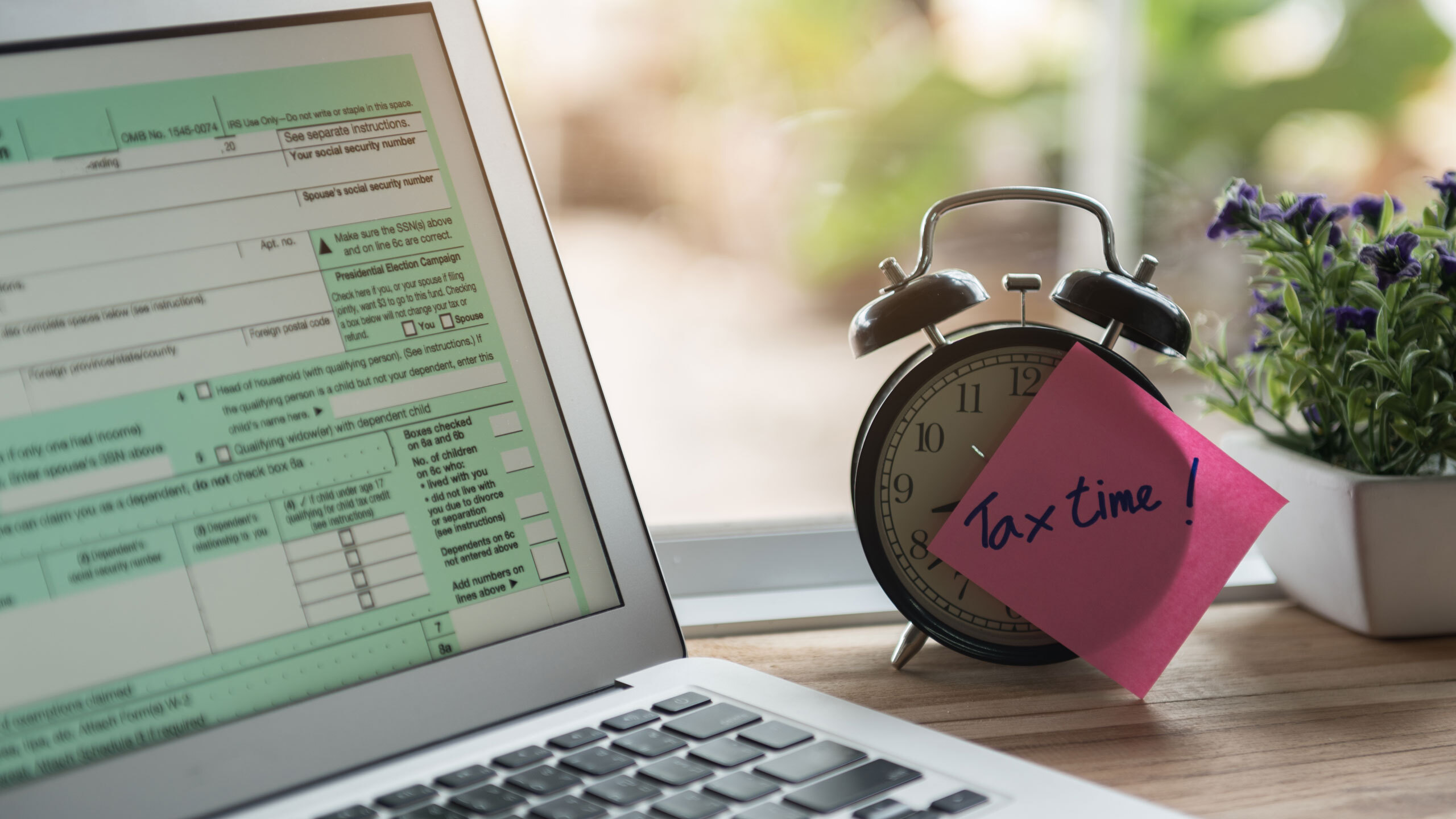In this article, you can discover…
- How to prevent yourself from underreporting income.
- The repercussions of overstating deductions on your tax returns.
- What documentation is required to validate your deductions.
How Can I Keep Myself From Underreporting My Income?
When we prepare tax returns in-house, we will receive a power of attorney before subcontracting with accountants to pull wage and income transcripts from IRS records. Oftentimes, a 1099 will be sent to the IRS but not the taxpayer, meaning the taxpayer does not get to report it on their tax return. The best way to ensure the pitfalls that come with underreporting is to go into your records and be sure you are reporting all income that has been reported to the IRS.
Are There Repercussions To Overstating Deductions On My Returns?
Overstating deductions on your return can put you at risk of an IRS audit. If the reporting authorities find a figure on your return that stands out as out of the ordinary, they will find cause to perform an audit.
When you file a tax return, you are signing under penalty of perjury, so it is crucial to avoid overstating your deductions. It is also important to be sure that you have the proper documentation, including receipts, bank statements, and financial records, to prove all of the deductions you are placing on your return.
Failure to gather and present this documentation can result in audits, penalties, and investigations, so make sure you are prepared for any deductions you claim.
How Can I Avoid Problems Due To Math Issues In My Taxes?
I commonly find that people attempt to file their taxes using software like Turbo Tax rather than enlisting the assistance of an accountant. I worked with a client who ended up owing close to $40,000 due to a few simple mathematical errors in their return, leading to a great deal of time and stress to rectify their situation.
Essentially, I advise my clients not to attempt filing their taxes on their own in order to avoid headaches caused by mathematical errors. Hiring an accountant to handle your taxes, especially if you are self-employed, can be an exceptionally wise investment that will save you money and trouble down the line.
What Documentation Will I Need To Provide To Validate My Deductions?
There are several documents that you can use to validate your deduction, and it is important to know which documents will support each of your deductions. Some of these documents may include:
- Mileage Logs: When claiming deductions for mileage, you should always keep a log of the miles you travel for work. Gas receipts and odometer readings can also help to support your case.
- Bank Records: If you are self-employed, it is wise to create a separate bank account for your business dealings so that you can properly report transactions, balances, or expenses that may be necessary to validate your deductions.
- Paper Trails: Be sure you keep records of any relevant business expenses so that you can properly document and prove deductions you claim based on travel expenses, meals, communications, etc.
When claiming deductions on a business, it is important to be aware of and document any expenses contributing to your tax return. Being able to report on profits, losses, expenses, and income will help you greatly in supporting your claims to the IRS.
What Are Some Common Tax Filing Mistakes And What Steps Can I Take To Avoid Them?
One of the most common mistakes I see is clients failing to properly report their taxable income. It is also not uncommon to see clients who make mathematical mistakes in their filing. While this is often unintentional and simply due to guessing or estimating figures, the repercussions can be significant.
Alternatively, I will see people who have side businesses and hope to use them to offset their income. However, they typically do not have the time and energy to devote to their business, causing them to operate at such a loss that the IRS will not consider them a business. Therefore, they are unable to apply their business’ operating loss as a deduction to their income.
Another prevalent problem involves receiving or selling cryptocurrency, as most people don’t report cryptocurrency on their tax returns. This is something that can get you in trouble. So, if you’re trading in cryptocurrency, make sure you follow the rules, just like you would with a stock transaction in terms of any gains.
Still Have Questions? Ready To Get Started?
For more information on Tax Mistakes That Lead To IRS Audits, an initial consultation with Attorney Lance Drury is your next best step. Get the information and legal answers you are seeking by calling 573-883-3056 today.

 Call Us Now
Call Us Now Email Us Now
Email Us Now



